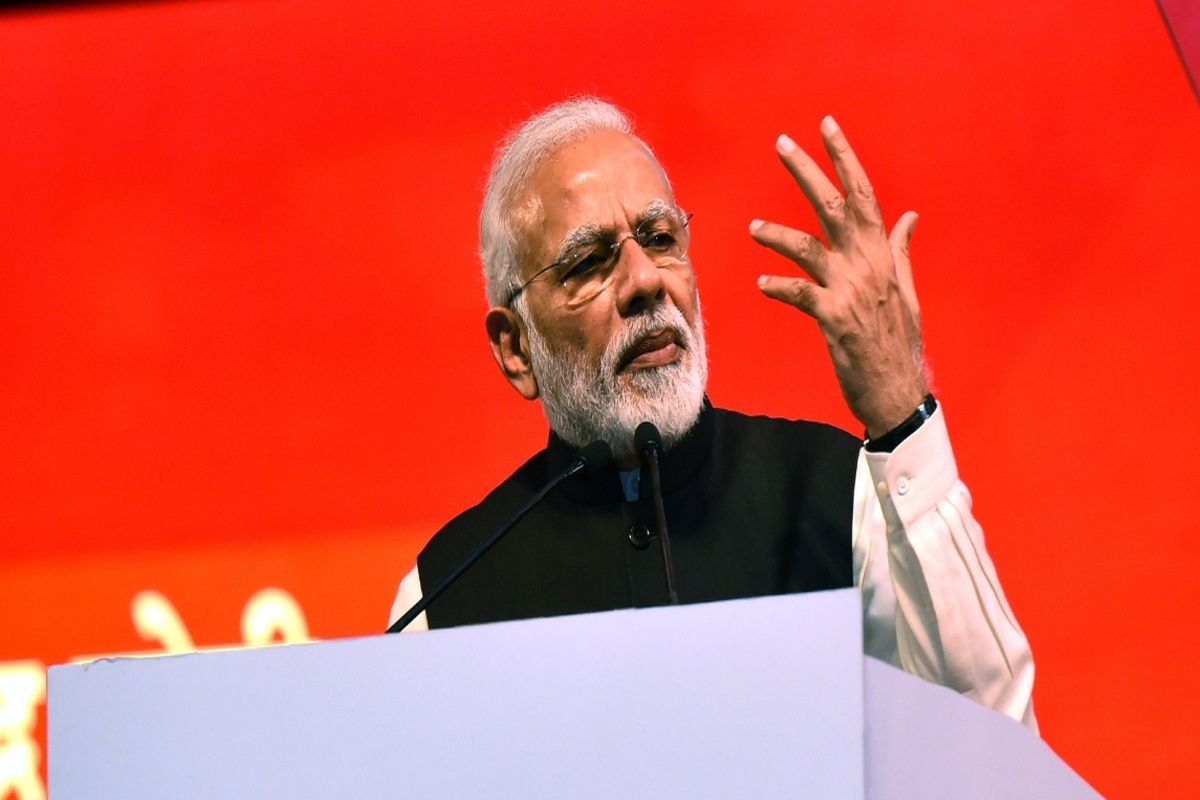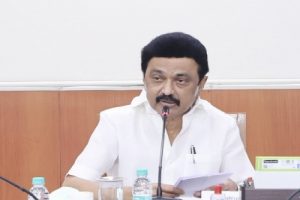Quite the most reassuring feature of the West Bengal government’s decision to reserve ten per cent of “civil jobs” and admission to educational institutions for the economically weaker section (EWS) must be that Tuesday’s announcement has been readily welcomed by the CPI-M and the Congress. It is a new embroidery in the social sector. The greeting by the political class generally has been almost exceptional and the Trinamul Congress government can thus be reasonably certain that political feathers will not be ruffled by this critical welfare initiative, announced when the party is on a rough patch post-election.
The chief regret must be that the time-frame is yet to be specified; nor for that matter has the criteria been spelt out. The potential beneficiaries remain an indeterminate segment. Suffice it to register that it shall not impinge on the quotas that already exist; the Scheduled Castes, Scheduled Tribes and OBCs will not be included in the EWS category. A tentative calibration by the government suggests that the proposed reserved berths will go up to 53.2 per cent, making West Bengal the fourth state after Tamil Nadu, Maharashtra and Telangana to cross the 50 per cent cap. It would be pertinent to recall that in 2010, the Supreme Court had directed that states could exceed the 50 per cent limit on condition they furnished scientific data to justify the increase. Tuesday’s decision comes six months after Prime Minister Narendra Modi had announced a ten per cent quota for the economically backward. It may be a while before the notification is advanced and the criteria defined, indeed parameters of vital importance to the targeted segment. The caste and/or ethnic factor appears to be of little or no moment in the overall construct.
Advertisement
Though the government has been less than explicit in identifying the targeted beneficiaries, the economic factor will be the most critical determinant. It can reasonably be presumed, therefore, that the government has taken a bow in the direction of the subaltern in the perenially poor Junglemahal belt, comprising the districts of West Midnapore, Purulia, Bankura and Jhargram. Reservation for jobs and academic pursuits will reinforce the praxis of doles ~ rice at Rs 2 a kg ~ and cycles for schoolgirls. Apart from people on the cusp of poverty, it is to be hoped that the matrix of reserved jobs and education for the economically weaker section will cover the state as a whole. Transparency is imperative for determining the deserving.
The scheme will be counter-productive if such applicants who do not meet the criteria are given the benefits. Loyalty to the ruling party can scarcely be a benchmark as it was in the case of primary teachers’ recruitment exam when card-holders of the Trinamul Congress were recommended for appointment even after they had flunked the written test. Likewise, it will be a tragedy if the new scheme gets tainted by the cutmoney syndrome.











